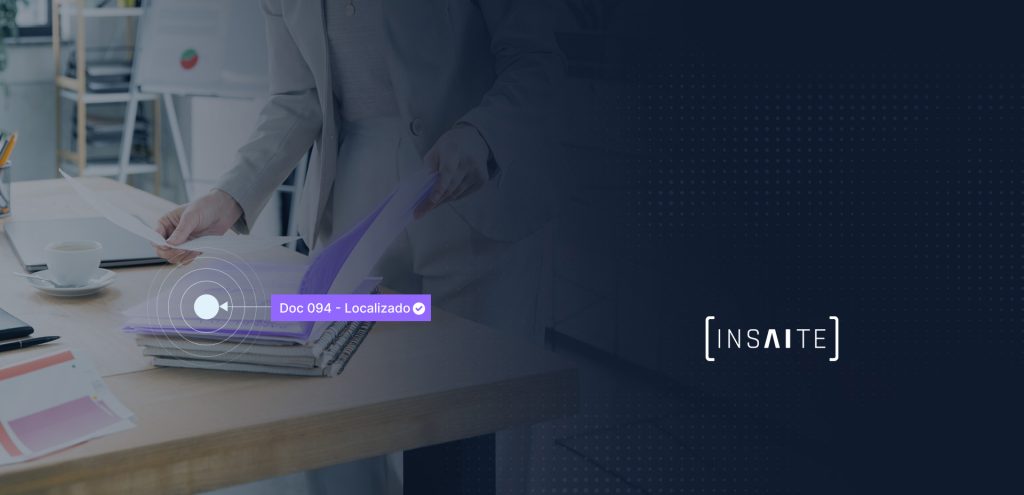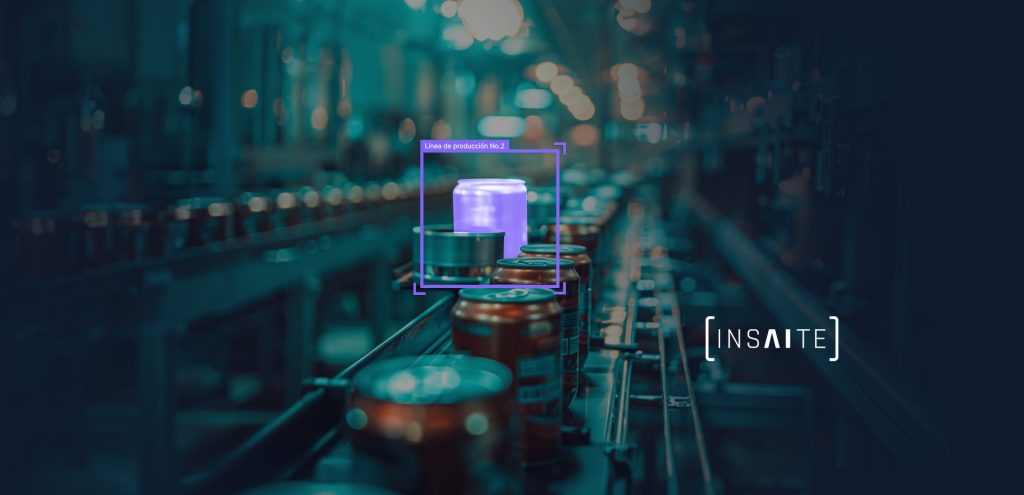As seen earlier, artificial intelligence is a discipline that deals with the development of intelligent agents—systems capable of reasoning, learning, and acting autonomously—applicable to various fields through different variants.
In this article, we present a general overview of the different types of artificial intelligence that exist and how they can be applied.
Types of Artificial Intelligence
When discussing artificial intelligence, it’s commonly presented as if only one type exists, but in reality, there are several, and they can be classified in various ways.
One of the most common classifications is based on machines’ ability to perform human tasks. According to this classification, there are two major categories of AI:
- Weak Artificial Intelligence: Machines in this category can perform specific tasks, but cannot think or reason by themselves. For example, a chatbot can simulate human conversation but cannot comprehend the meaning of what is said.
- Strong Artificial Intelligence: Machines in this category can think and reason by themselves. This category of AI is still in development, but has the potential to revolutionize how we interact with the world around us.

Weak Artificial Intelligence
Within weak artificial intelligence, several subcategories stand out:
- Knowledge representation: Focuses on developing methods for machines to access and utilize knowledge. For instance, knowledge-based systems store and retrieve information using knowledge representation.
- Reasoning: Deals with developing methods for machines to logically reason. For example, expert systems use reasoning to solve complex problems.
- Natural Language Processing (NLP): Enables machines to understand, interpret, and generate human language. Virtual assistants like Siri, Alexa, and customer service chatbots employ this technology to interact with users.
Examples of Weak Artificial Intelligence
To better identify tools associated with weak artificial intelligence, here are some examples:
- Chatbots: Programs simulating human conversation used in various applications like customer service, marketing, and education.
- Speech recognition systems: Enable machines to understand human speech, applied in different forms such as virtual assistants, voice control systems, and transcription applications.
- Computer vision systems: Enable machines to see and understand the surrounding world. Used in applications like security systems, autonomous navigation, and image recognition.

Strong Artificial Intelligence
In this type of AI, the aspiration is to emulate human intelligence across a broad spectrum of tasks, allowing abstract reasoning and the ability to learn from experience. Notable systems include:
- Artificial Neural Networks: Inspired by the human brain’s functioning, used for recognizing complex patterns or decision-making. Applications include computer vision, image processing, and data prediction.
- Machine Learning: Focuses on developing algorithms enabling machines to enhance their performance in specific tasks through experience and data. Applied in fields like behavior prediction, personalized recommendations, and predictive analysis.
- Creative Artificial Intelligence: Aims to develop machines capable of generating artwork, music, or innovative problem-solving. Though in early stages, significant progress is observed in fields like musical composition and computer-aided design.
Examples of Strong Artificial Intelligence
To better comprehend the tools provided by this type of artificial intelligence, here are some examples:
- Autonomous agents: Machines capable of independent action in the real world used in various applications such as autonomous vehicles, industrial robots, and virtual assistants.
- Artificial General Intelligence (AGI): An AI form that could reach or surpass human intelligence. Still in development, it has the potential to revolutionize how we interact with the surrounding world.
The Versatility of Artificial Intelligence
As evident, different types of artificial intelligence have broad applications—from recognizing patterns to enhancing cross-sales to programming production machine maintenance to avoid delays.
Artificial intelligence is here to stay, and although areas of opportunity are still under development, it’s a tool revolutionizing how we perceive, understand, and develop new business models.
Insights for Enterprises
Enterprises, like yours, can use AI to improve production processes, reduce time, and optimize costs by minimizing human error. For instance, at Insaite, we’ve developed various strategies to optimize our clients’ business models through AI implementation.
To learn more about our solutions, we encourage you to get in touch with us; we’d love to help improve your processes.




